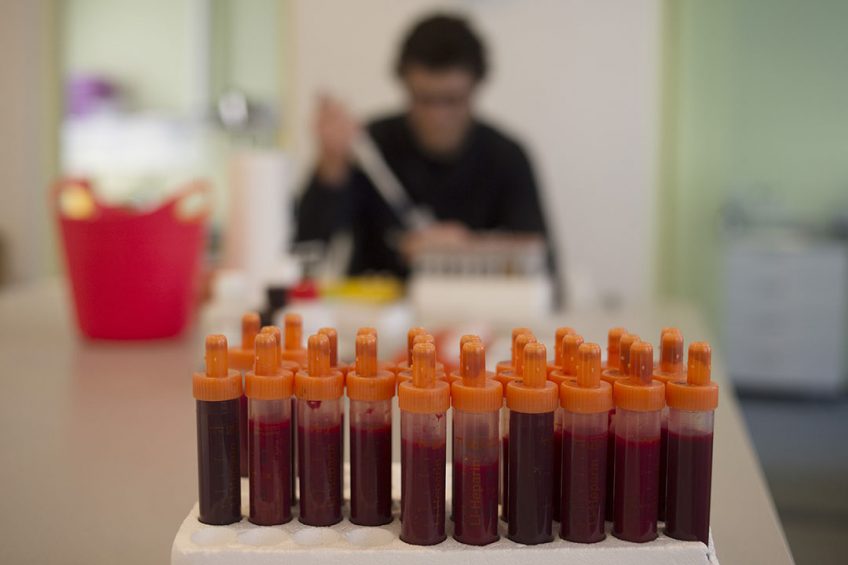Research heralds better poultry for sub-Saharan Africa

Researchers found that birds from 2 distinct indigenous chicken ecotypes in Ethiopia share several genetic regions linked to important productivity and disease resistance traits.
The project – the first of its kind to study genetic data from different African ecotypes collectively – will help support the development of healthier, more resilient and productive poultry in the future.
Led by Dr Androniki Psifidi, lecturer in Veterinary Clinical Genetics at the UK’s Royal Veterinary College, researchers studied the DNA of more than 700 indigenous African village chickens from 2 distinct Ethiopian ecotypes – one from a high altitude, humid region and the other from a lowland arid part of the country. Using genome-wide association studies and whole-genome sequencing data, researchers found that despite being from contrasting environments, significant similarities in the genetic markers associated with production traits were identified. These include putative genes, for resistance to Infectious Bursal Disease, Marek’s Disease and Fowl Typhoid as well as Eimeria and cestode parasite infections.
Frontiers in Genetics
The findings, published in Frontiers in Genetics, demonstrate that it is possible to analyse combined genetic data from different chicken ecotypes, meaning researchers can work with bigger datasets to improve the efficiency of chicken production in the future. Dr Psifidi said: “This work was the outcome of an interdisciplinary effort from scientists in multiple research institutes. Our study contributes to a better understanding of the dynamics and potential of indigenous African genetic resources for the benefit of poultry farming. We hope that the message conveyed by the present work will promote future collaborations across different regions.”
 Crossbreed chicken increases production 100-fold
Crossbreed chicken increases production 100-fold
A project in Burkina Faso has allowed approximately 1,000 small-scale chicken farmers to increase their productivity 100-fold.
Among the collaborators were Scotland’s Rural College (SRUC), the Roslin Institute, University of Liverpool, University of Nottingham and the International Livestock Research Institute (ILRI). Professor Olivier Hanotte, principal scientist at ILRI Addis Ababa and Professor of Genetics and Conservation at Nottingham University, said the study was an illustration of how rapidly livestock has been able to successfully adapt to new environments. “Over 3,000 years, the African village chicken has won the many challenges imposed by natural selection.”
Continue the work
Professor George Banos, Professor of Animal and Veterinary Sciences at SRUC, added: “We are very excited with these results and plan to continue our work on improving chicken productivity and farm sustainability. Chicken production has and always will have a multifaceted role in alleviating hunger and poverty, and enhancing social structures and quality of life in sub-Saharan Africa.”
The study was funded by the Biotechnology and Biological Sciences Research Council, the Foreign, Commonwealth and Development Office, the Scottish Government and the Centre of Tropical Livestock Genetics and Health (CTLGH).












